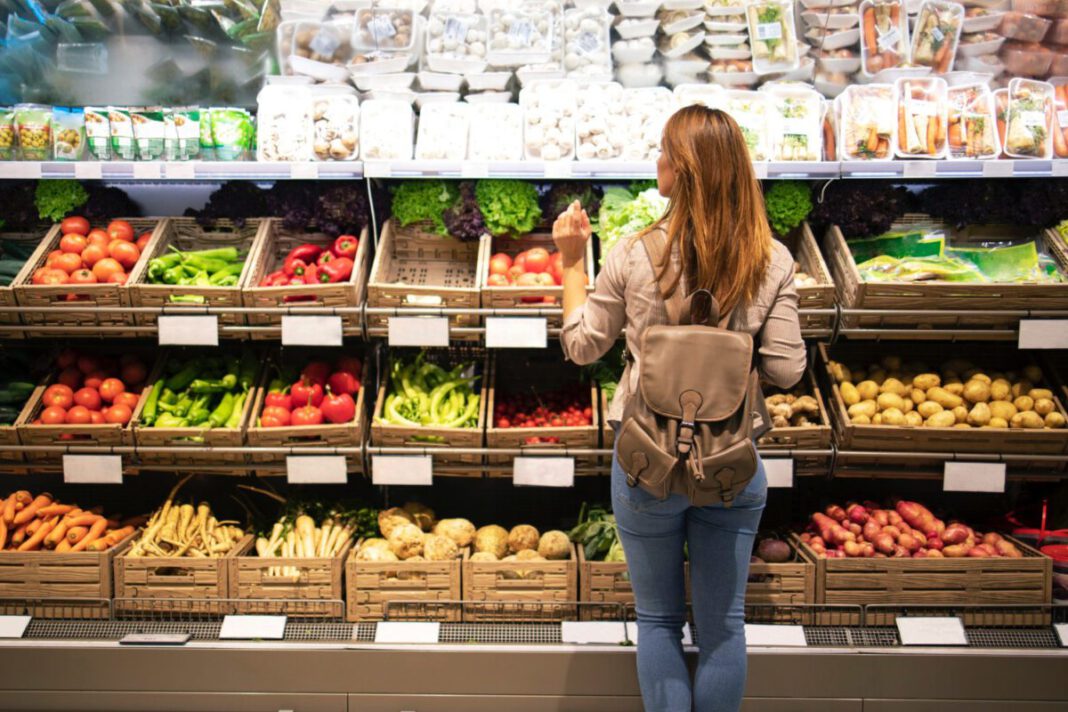Heard the rumours about the cheap groceries just across the border? Well, they’re true — but it’s not always what you think.
Yep, if you’re sick of crying every time you go to Albert Heijn, you can also hop in a car to Germany or Belgium, where the grass might not be greener — but the groceries are certainly cheaper.
For example, a litre bottle of Coca-Cola in the Netherlands will run you around €1.99. The exact same bottle in Germany? €1.29. That’s 54% more expensive.
But, with such a short distance, how is it possible that groceries are so much more expensive in the Netherlands?
Here are three reasons why, according to RTL Nieuws.
Reason 1: All the sales
We all know Dutchies love their discounts, with 25% of groceries in the Netherlands being bought on sale. However, those discounts are being paid for by… Dutchies!
Yep, it’s a trick. Basically, when a product goes on sale, the producer isn’t just losing money. Instead, the sale is built into the base price of the item.
Let’s say you have Product A.
In the Netherlands, people want to shop for Product A on sale.
So, the producer of Product A says, “Okay, we’ll put it on sale — but when it’s not on sale, it will be €3.99.”
Meanwhile, in Germany, Product A has a fixed price and rarely goes on sale. Because it rarely goes on sale, the producer can offer a fixed price of €3.50.
Reason 2: Product wars
Yeah, simple supply and demand is also responsible for the changing price of groceries across country borders.
Let’s put it this way: If people in the Netherlands LOVE Lays chips, the producers say, “Hey, let’s make those Dutchies pay more because they’ll buy it anyway.”
READ MORE | Best supermarkets in the Netherlands: the international’s guide
Meanwhile, if people from Belgium prefer Doritos, the price of Lays decreases in an attempt to sway people toward the product.
Reason 3: EU nutrition labels
Alright: so if it all comes down to the producers of the products, you might be thinking, “Why don’t Dutch supermarkets just buy from supermarkets abroad instead?”
That’s because of the etiket system.
Essentially, according to EU regulations, every product needs a sticker with ingredients in the language of the land it is being sold in.
If Dutch supermarkets buy from abroad, they need to get an etiket — and that also costs money.
Do you find the price of groceries in the Netherlands expensive? Tell us in the comments below!



How is it cheaper crossing the border with the price of dutch benzine? The money you save on groceries is spent on benzine, so is driving all around to different grocery stores.
How to save on groceries is only buy what is on sale. Stock up on sale items. Invest in a good freezer.